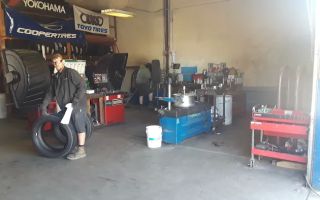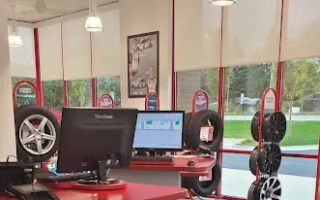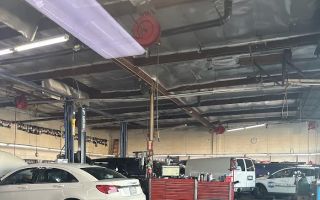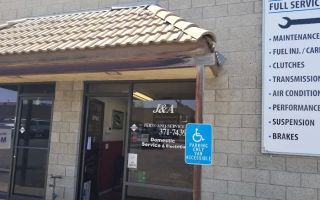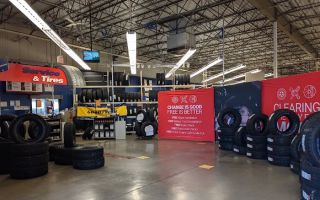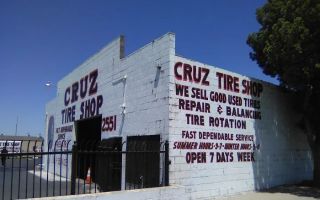1. Safety First: What to Do When Your Vehicle Breaks Down
Imagine you're on the open road, enjoying a peaceful road trip, when suddenly your vehicle stops. The first thing to do is to stay calm and make sure you're in a safe location. If possible, pull over to the shoulder of the road or into a rest area. Turn on your hazard lights to alert other drivers, and keep a safe distance from the vehicle while you assess the situation. Safety should always be your priority.
2. Diagnosing the Issue: Understanding Common Vehicle Breakdowns
Vehicle breakdowns can happen for a variety of reasons. Some of the most common include engine overheating, flat tires, and issues with the battery or alternator. Understanding what might be wrong can help you make decisions about whether you can handle the repair yourself or need assistance. For example, if your engine is overheating, stopping immediately and letting it cool down could prevent further damage.
3. Tools You Need to Handle a Vehicle Breakdown
When it comes to vehicle breakdowns, being prepared with the right tools can make all the difference. Some basic tools to have on hand include a jack, spare tire, jumper cables, flashlight, and duct tape. These tools are especially important if you're in a remote area where help might be far away. Having an emergency tool kit in your car is essential for road trips.
4. When to Call for Help: Roadside Assistance and Other Options
If you're unable to fix the issue yourself or don't have the necessary tools, it may be time to call for roadside assistance. Many insurance companies offer 24/7 roadside help as part of their packages. Alternatively, there are dedicated services like AAA or national tow truck companies that can assist you with repairs, towing, or even vehicle replacements in some cases.
5. Preventive Measures to Avoid Vehicle Breakdowns on Your Road Trip
The best way to handle a vehicle breakdown is to avoid it altogether. Regular maintenance checks are essential before any road trip. Checking the tire pressure, oil levels, battery condition, and brakes can prevent many common breakdowns. Additionally, having your car inspected by a professional before a long journey can ensure you're well-prepared for the road ahead.
6. Building an Emergency Kit for Peace of Mind
An emergency kit is a lifesaver during unexpected breakdowns. Your kit should include items like water, non-perishable food, a first aid kit, a flashlight with extra batteries, a phone charger, and a blanket. These items ensure that you can stay comfortable and safe while you await help. Always tailor your kit to your specific needs and the climate of the area you're traveling through.
7. Recommended Products for Roadside Emergencies
When preparing for a road trip, it's essential to invest in products that will help you handle vehicle breakdowns. Some products to consider include high-quality jumper cables, tire inflators, portable power banks, and vehicle-specific emergency kits. These products are designed to make your life easier and your trips more secure. Check out top-rated brands that are known for durability and reliability, and don't wait until you're stranded to make a purchase!

